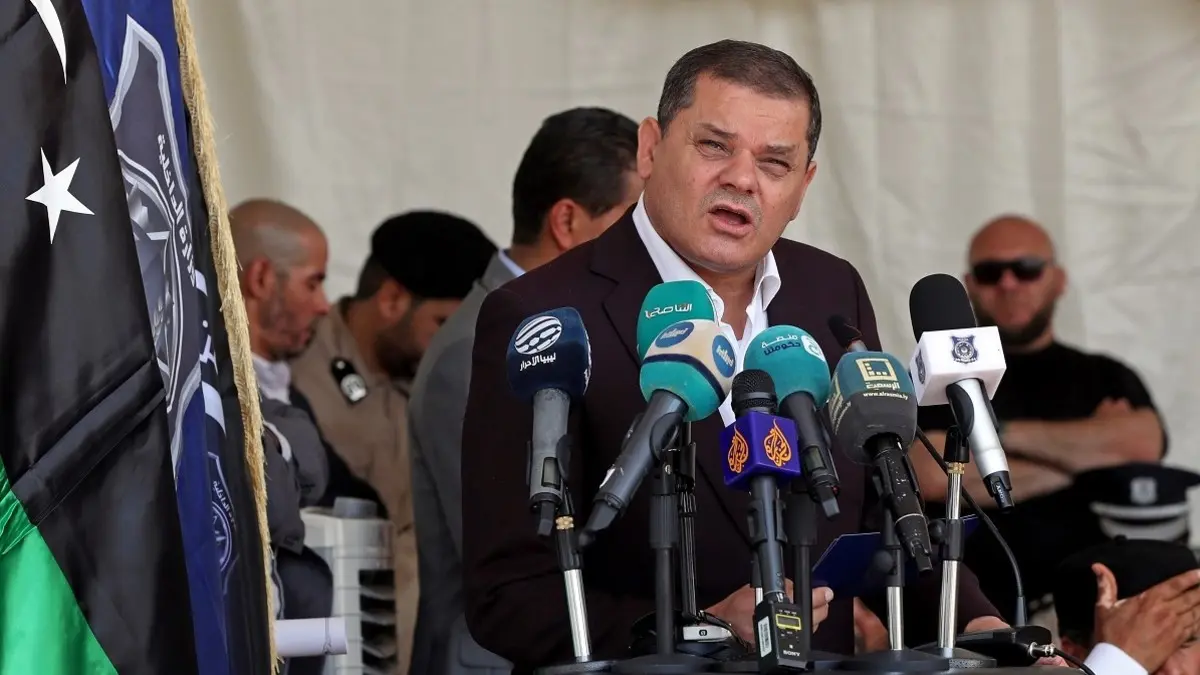Libyan Prime Minister’s Home Targeted in RPG Attack, No Reported Injuries
On Sunday, the residence of Libyan Prime Minister Abdulhamid al-Dbeibah was targeted with rocket-propelled grenades in an attack that fortunately resulted in no casualties, according to a Libyan minister who spoke to Reuters on the condition of anonymity. The minister confirmed that the attack caused some damage to the residence but did not provide further details.
Residents in Tripoli’s upscale Hay Andalus neighborhood reported hearing massive explosions near the sea, where PM Dbeibah’s residence is located. Following the explosions, heavy security forces and vehicles were deployed to the area to secure it.
Since the NATO-backed uprising in 2011, Libya has struggled with ongoing conflict and instability. The country split into eastern and western factions in 2014, each with its own administration. Dbeibah’s Government of National Unity was established through a U.N.-backed process in 2021. However, the parliament in the east stopped recognizing its legitimacy at the end of that year following a failed attempt to hold national elections, leading to prolonged political deadlock.
In early March, three key leaders expressed agreement on the “necessity” of forming a new unified government to oversee long-delayed elections. However, Dbeibah has insisted that he will not relinquish power to a new government without national elections.
As of now, it remains unclear who was behind the attack on Prime Minister Dbeibah’s residence. However, the incident underscores the ongoing challenges facing Libya’s efforts to achieve stability and security.
The country has been plagued by violence and political fragmentation for years, with various factions vying for power and control. Despite international efforts to broker peace and facilitate the transition to a unified government, Libya continues to grapple with internal divisions and external threats.
The attack on Dbeibah’s residence serves as a stark reminder of the persistent security risks facing political leaders and civilians alike in Libya. It also highlights the urgent need for concerted efforts to address the underlying issues fueling instability and violence in the country.
In the aftermath of the attack, security forces are likely to increase their presence in Tripoli and other sensitive areas to prevent further violence and protect key government figures. However, without meaningful progress towards national reconciliation and inclusive governance, Libya’s path to peace and stability remains uncertain.



















